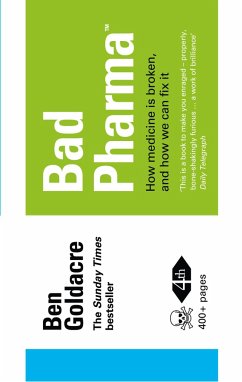Thomas R. Fulda was a federal civil servant for 30 years and held positions at the Social Security Administration and the Health Care Financing Administration. He conducted research on prescription drug pricing, participated in the development and implementation of the Federal Maximum Allowable Cost Program, participated in the planning for the implementation of the prescription drug provisions of the Medicare Catastrophic Coverage Act of 1988, and was responsible for the implementation of the Medicaid Drug Utilization Review provisions of the Omnibus Budget Reconciliation Act of 1990. He also worked at the U.S. Pharmacopeial Convention (Director of Drug Utilization Review), where he managed an expert scientific panel developing drug utilization review criteria. Fulda earned a Health Care Financing Administration Administrator's Citation, received a Secretary's Award for Exceptional Achievement for his work, and, in 1995, was named an honorary pharmacist by the American Pharmaceutical Association. Alan Lyles is the Henry A. Rosenberg Professor of government, business, and nonprofit partnerships at the University of Baltimore's College of Public Affairs, Baltimore, Maryland, and a fellow in the National Academy of Public Administration, Washington, DC. His professional interests focus on access to pharmaceuticals (policy, benefits, and evidence) and the role(s) of public-private arrangements. Professor Lyles serves on the editorial advisory panel of the International Pharmacy Journal and on the editorial advisory board of the Generics and Biosimilar Initiative Journal's International. In 2006, he was visiting chair of pharmacoeconomics, and in 2007 and 2011 he was a Fulbright specialist at the University of Helsinki. He was a student of Shifu Ryan Velivlis and is a life member of the United States Kuo Shu Federation. Albert I. Wertheimer has had extensive active involvement in the pharmaceutical field for more than 40 years and has held numerous leadership positions. He is author or coauthor of 35 books and more than 400 journal articles. Dr. Wertheimer has guided more than 100 PhD and MS students. He has had experience in the private sector at a pharmaceutical company and with a pharmaceutical benefit management (PBM) firm, in addition to his experience in the academic world. He is a popular lecturer and consultant, having worked in nearly 75 countries.














